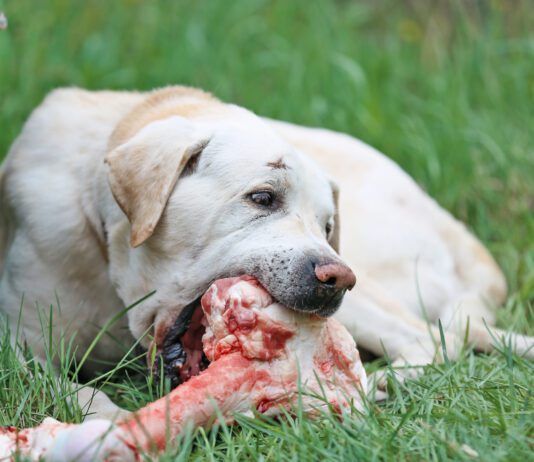Canine Knee Injury? Brace Yourself
Ten years have passed since WDJ explored “conservative management” – the nonsurgical treatment – of knee ligament injuries (see “Saying ‘No’ to Surgery,” February...
What Canine Conditions is CBD Proven to Treat Successfully?
Researchers are looking at CBD from a variety of angles: Is it effective? How does the canine body absorb, synthesize, and metabolize CBD? What is the recommended dosage for different ailments in canine patients?
Maintaining and Protecting Your Dog’s Paws During Winter
The sky was a brilliant blue, with glimmers of sparkling snow flashing across the path ahead as a light breeze blew it into the...
Add-On Wellness Plans
At the close of 2019, 2.82 million pets had health insurance, according to the North American Pet Health Insurance Association. Over the past five...
Which Dogs Should Not Receive CBD?
Continued research is essential to furthering our understanding of how CBD affects the canine body
Heartworm Prevention for Dogs with Food Allergies
Did you know that there are unflavored monthly heartworm preventative chews?
Canine Stem Cell Therapy
At this time last year I didn’t know stem cell therapy for animals was a thing. While searching for a job where I could...
Ringworm Isn’t Either
Ringworm is not a worm. Nor is it always ring-shaped. This misnomer of a term derived from an early inaccurate belief that the infection...
Behavioral Probiotics
The gut is a sort of tube running through you, and lining that tube is a dynamic ecosystem of various bacteria, helping digest your food, producing nutrients that you need, and, it turns out, affecting how you feel.
Does Your Dog Have a Mold Allergy?
One of the most common skin diseases that develop in dogs is atopic dermatitis. Most of these cases are caused by allergies to substances...
How to Help Your Dog Lose Weight
In 2013, the American Medical Association defined obesity in humans as a disease. The veterinary medical profession is also pushing to have obesity in...
Be Prepared For Any Canine Medical Emergency
Tico came running in from the backyard shaking his head. I noticed something was flying off him and I calmly wondered what he was...



















